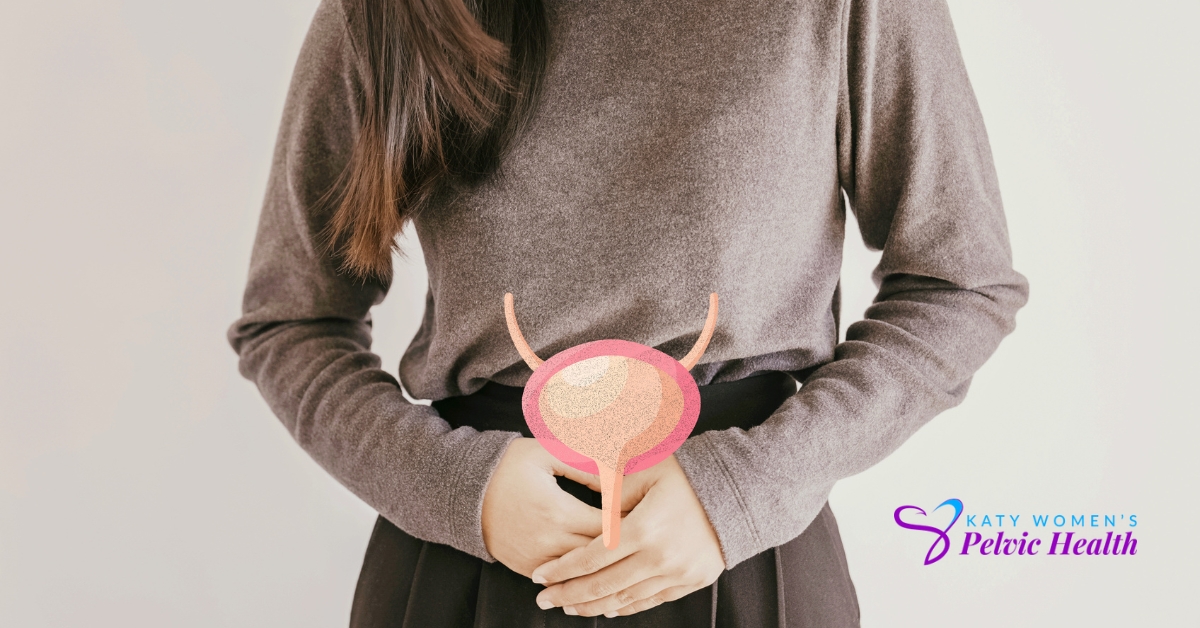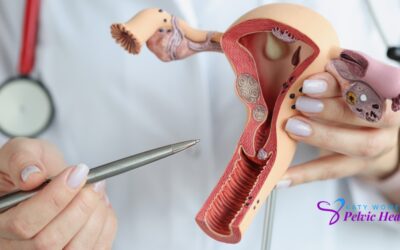Urinary incontinence, or the inability to control one’s bladder, is a frequent and frequently embarrassing issue. The intensity can range from occasionally dribbling pee when you cough or sneeze to having a sudden, intense urge to urinate that prevents you from reaching a restroom in time.
Urinary incontinence isn’t a natural part of becoming older, despite the fact that it happens more frequently as people age. Do not hesitate to visit your doctor if urine incontinence interferes with your everyday activities. The majority of people can address their urine incontinence symptoms with easy food and lifestyle adjustments or medical attention.
In this article, we will talk about the unknown facts that cause this disease and give you an outcome at the end. So, stay till the end!
Table of Content
● What is Urinary Incontinence?
● Symptoms and Causes
● Prevention
● When to visit a doctor
What is Urinary Incontinence?
Urinary incontinence is the uncontrollable leakage of urine. Urinary incontinence is a common problem for both men and women in America. We are unsure of the precise number. This is due to the fact that many people conceal their symptoms from others. They can feel humiliated or believe there is nothing that can be done. They thus endure their suffering in silence.
Not only is urinary incontinence a medical issue. It may impact social, psychological, and emotional health. Urinary incontinence sufferers frequently experience anxiety when performing routine everyday tasks. They prefer to be close to a bathroom. People with urinary incontinence may find it difficult to enjoy life.
Many individuals believe that developing urine incontinence is a natural aspect of aging. Yet it isn’t. It can also be controlled or cured.
Typical forms of incontinence in women
Urge or stress incontinence is the most common type of urine incontinence.
Stress urination
When your bladder is suddenly subjected to additional pressure, such as when you cough, you can develop stress incontinence, which causes you to leak pee. It has nothing to do with being stressed out.
Other actions that could result in urine leakage include:
● sneezing
● laughing
● arduous lifting
● exercise
Usually only a small amount of pee is passed, but stress incontinence can occasionally induce you to do so, especially if your bladder is quite full.
Urge to urinate
Urge incontinence, also known as urgency incontinence, is a sudden, acute urge to urinate that you are unable to put off. The time between the need to urinate and the emission of urine is frequently only a few seconds.
A sudden shift in position or even the sound of running water can make you feel the urge to urinate. During sex, particularly when you have climax, you could also pass pee.
When the bladder muscle is more active than usual, a condition known as overactive bladder syndrome develops, which includes symptoms like this sort of incontinence.
Overactive bladder syndrome can occasionally result in urge incontinence and make it necessary for you to urinate frequently, including many times at night.
Why does Urinary Incontinence happen?
Urinary function is managed by the bladder and the brain. Urine is held in the bladder until you’re ready to expel it. The bladder is held in place by the muscles in the bottom portion of the pelvis. The bladder’s smooth muscle is normally at rest.
As a result, the bladder can store the urine. The bladder’s neck (end) is sealed up. The sphincter muscles enclose the urethra. The tube that conveys urine from the body is called the urethra. Urine doesn’t leak when the urethra is kept closed by the sphincter muscles.
The brain signals the bladder when you are prepared to urinate. The bladder’s muscles then tighten. The urethra, the tube that transports pee from the body, is forced to empty as a result. The contraction of the bladder causes the sphincters to open.
What are the Symptoms Of Urinary Incontinence?
Incontinence is not always chronic. Because certain reasons are transient, incontinence will stop when they do. Temporary incontinence may result from vaginal infections. It can be brought on by irritability, medicines, constipation, and limited mobility. Temporary incontinence is frequently brought on by urinary tract infections, which need to be treated.
It is nonetheless crucial to remember that the leakage is likely one of the four categories mentioned above if the cause isn’t transient or simple to fix. In SUI, the pelvic or sphincter muscles aren’t strong enough to close the bladder and urethra and contain the urine. When you have OAB, the bladder muscles contract excessively, forcing pee out even before you’re ready to let it go. Typically, mixed incontinence involves both SUI and OAB.
SUI (Stress Urinary Incontinence)
SUI’s primary symptom is leakage while you are moving. Depending on how bad the SUI is, there will be activity and leaking.
OAB (Overactive Bladder)
An uncontrollable, sudden urge to urinate is the primary symptom of OAB. Your bladder may or may not leak urine as a result of the urge.
SUI and OAB combined with incontinence
A sudden, intense urge to urinate as well as leaking are signs of mixed incontinence. When you experience multiple incontinence types, you have mixed incontinence. People with mixed incontinence typically have both SUI and OAB.
What are the Causes of Urinary Incontinence?
1. Pregnancy and childbirth: The uterus pulls down on the bladder during pregnancy, which may result in incontinence. The muscles that assist bladder control might be stretched and weakened during a vaginal delivery.
2. Menopause: Thinner vaginal tissue results from a decline in estrogen levels. The urethra, the tube that transports pee from the bladder to the outside of the body, is thought by experts to also experience this.
3. UTIs (urinary tract infections): Temporary incontinence can be brought on by UTIs.
Medication: A number of drugs, including diuretics (often known as water pills), can result in urinary incontinence.
4. Injury on Nerves: Incontinence may result from an illness or injury to the nerves that control the bladder.
any type of urinary tract tumor
5. Constipation: When your stools become impacted, your bladder is put under extra pressure.
6. Hysterectomy: (the surgical removal of the uterus) side effects.
7. Overdosing on diuretics: Caffeine (found in things like coffee, tea, soda, and energy drinks), vitamin C, and chocolate can all increase the production of pee, which can worsen or cause the symptoms of urinary incontinence.
How can you Prevent Urinary Incontinence?
Some types of urine incontinence may be impossible to prevent because they are frequently brought on by other factors, such as pregnancy. Instead, you can lessen your risk of developing urine incontinence by avoiding uti, learning about and avoiding frequent incontinence triggers, and:
● being healthy in terms of weight
● Kegels and other exercises help bolster your pelvic floor and bladder muscles
● avoiding substances like caffeinated beverages, chocolate, spicy foods, and acidic food that cause urine incontinence
● keeping your doctor’s appointment schedule
● looking for help for diseases including urinary tract infections, constipation, and other things that might make you incontinent
Whenever to visit a doctor
You might find it awkward to bring up incontinence with your doctor. However, it’s crucial to seek medical care if incontinence occurs frequently or negatively impacts your quality of life because urinary incontinence may:
● your ability to engage in certain hobbies and social interactions
● negatively affect your standard of living
● the elderly are more likely to collapse as they race to the bathroom
● provide evidence of a more serious underlying condition.
References
https://www.urologyhealth.org/urology-a-z/u/urinary-incontinence
https://www.mayoclinic.org/diseases-conditions/urinary-incontinence/symptoms-causes/syc-20352808



